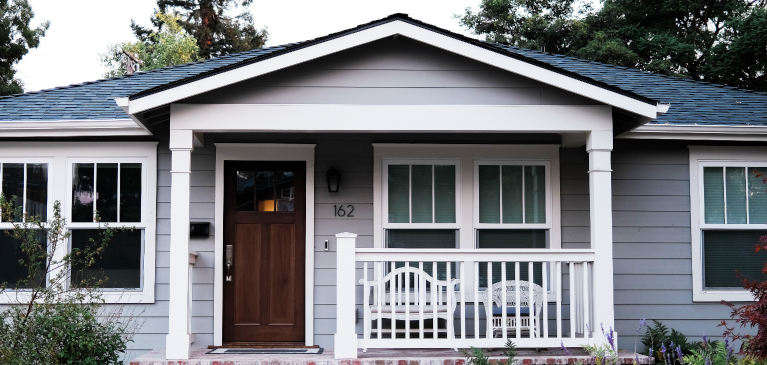
Searching for a new home or piece of recreational land can be exciting, but before you sign on the dotted line, it’s important to know that just because you qualify for a certain loan amount doesn’t necessarily mean it’s right for your budget. Here’s some advice to help you determine the loan amount that works for you.
The Pre-Qualification Mortgage Process
When our team works with the customer on a loan, we evaluate a borrower’s total income and any debt they have, the insurance they may have to pay on the new home and any property taxes they may take on before determining how much you could qualify for. This does not take into account every single bill you have to pay like your internet, cell phone, gas, or utility bill. That’s why it’s so important to know your own budget.
Managing Your Budget
Figuring out if you can take on the monthly payment of a new loan is on you, the borrower, but there is plenty of support to help you make an informed decision about your finances.
You can use online tools, or just do it the ol’ fashioned way: take a pad of paper and list all of your monthly bills out (and don’t forget things like gas expenses and groceries), and subtract them from your monthly income. After you see how much is left over, see how much more you can give each month towards a loan while saving enough for an emergency fund. With both pieces of financial information in mind, our team will work with you to adjust your loan from the pre-qualified mortgage amount if necessary to best fit your individual scenario.
Other things to consider with the pre-qualification of your loan
If you are currently renting or own a home, think about your current rental expense or mortgage payment. If your pre-qualification mortgage payment is similar to your current monthly payment, it more than likely fits within your current budget, unless your ultimate goal is to reduce your monthly living expense. Also, if you are renting, there are other expenses that come with owning a home. These include property taxes, homeowner’s insurance and home repairs. You can read more about these costs to consider in this article.
Another thing to think about is long-term financials. Your pre-qualification is based off your current income and debts. Be sure to consider any future financial changes that may impact your repayment capability.
Ask For Help
Figuring out your budget and what you can actually afford can be tough. Before you accept a loan, talk to the financial service officer and discuss your questions and concerns! Our team of industry experts are happy to walk through your budget to help you figure out what the best option is for your situation. Remember, just because you qualify doesn’t mean you should spend that amount, you can always adjust your loan to a lower amount you feel most comfortable with.
When it comes to choosing the right lender for your needs, consider these loan details for pre-qualified mortgages outlined here in this article.


